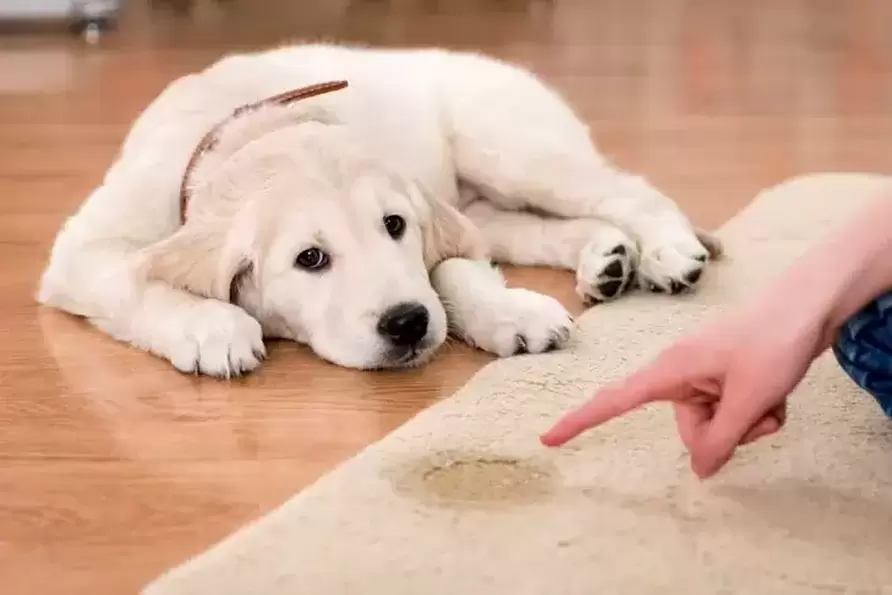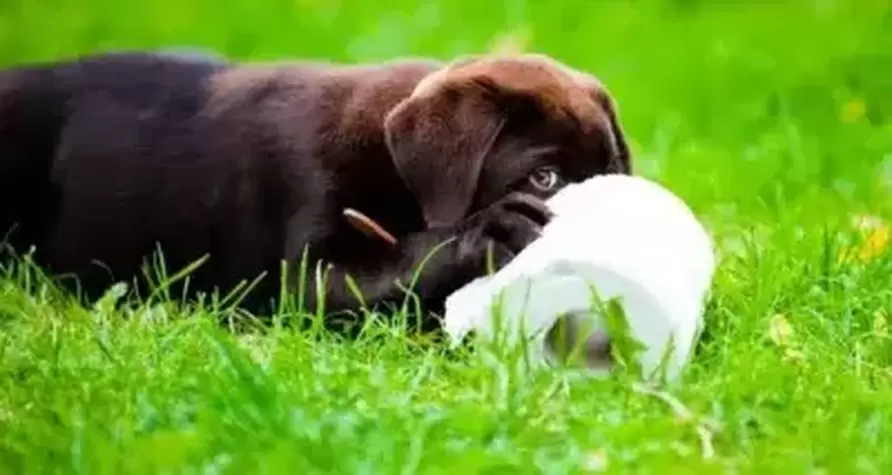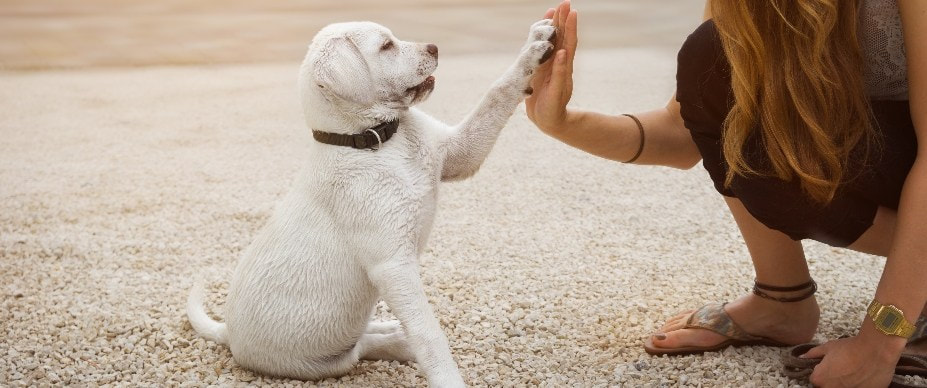|
Start Early: Begin potty training as soon as you bring your puppy home. Puppies have small bladders and limited control over their bodily functions, so they'll need to go frequently. Set a schedule for regular potty breaks, including first thing in the morning, after meals, after playtime, and before bedtime. Establish a Routine: Consistency is key to successful potty training. Take your puppy outside to the designated potty area at the same times each day. Use a consistent command, such as "go potty" or "do your business," to encourage them to eliminate. Choose a Potty Spot: Designate a specific area in your yard where you want your puppy to go potty. Take them to this spot every time they need to eliminate. The scent will help reinforce the behavior, making it easier for them to understand where they should go. Use Positive Reinforcement: Praise and rewards are powerful tools in potty training. When your puppy successfully goes potty outside, shower them with praise and offer a tasty treat as a reward. Positive reinforcement will encourage them to repeat the desired behavior. Monitor Supervision: Keep a close eye on your puppy when they're indoors, especially during the early stages of potty training. Watch for signs such as sniffing, circling, or squatting, which indicate they need to go potty. Immediately take them outside to the designated spot if you notice any of these behaviors. Limit Freedom Indoors: Until your puppy is fully potty trained, it's essential to restrict their access to certain areas of the house. Use baby gates or close doors to confine them to a smaller space where accidents are easier to clean up. As they become more reliable, gradually expand their freedom indoors. Clean Accidents Promptly:
Accidents are inevitable during the potty training process. When they occur, clean up the mess promptly and thoroughly to remove any traces of scent that might attract your puppy back to the same spot. Use an enzymatic cleaner specifically designed for pet messes. Be Patient and Persistent: Potty training takes time and patience. Remember that accidents are a normal part of the learning process, so try not to get frustrated with your puppy. Stay consistent with your training routine, and eventually, they will learn where and when to go potty. Adjust the Schedule: As your puppy grows older, their bladder control will improve, and they'll be able to hold it for longer periods. Adjust the potty schedule accordingly, gradually increasing the time between breaks. However, continue to provide regular opportunities for potty breaks throughout the day. Celebrate Success: When your puppy is consistently going potty outside and accidents become rare, celebrate their achievement. Potty training is a significant milestone for both you and your furry companion. Shower them with praise, treats, and plenty of love for a job well done. Remember, every puppy is unique, and the potty training process may take longer for some than others. Stay patient, remain consistent, and above all, enjoy the journey of bonding with your new furry friend. With time and dedication, you'll both master the art of potty training, setting the foundation for a happy and harmonious relationship.
0 Comments
Your comment will be posted after it is approved.
Leave a Reply. |
Perfect PedigreeWe are life-long dog lovers. Our mission is to support and promote the ethical treatment of animals. Archives
March 2024
Categories |
Our puppies are microchipped, undergo a comprehensive health check before delivery and are certified by a veterinarian.
Included: domestic shipping, vaccine book, blood test report, veterinary health certificate, microchip certificate, pet passport, IATA compliant travel crate.
Perfect Pedigree Thailand - 90/2 Moo 6 T. San Phi Suea Muang Chiang Mai 50300
All rights reserved
©
Perfect Pedigree





 RSS Feed
RSS Feed